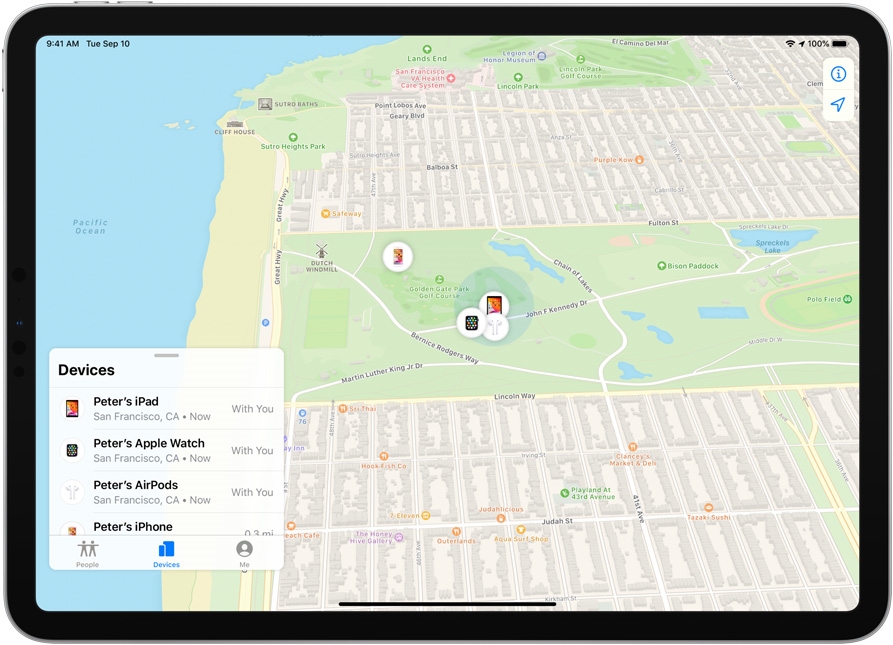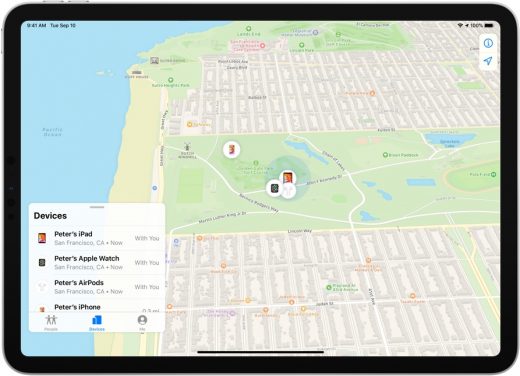What Apple’s strong iPhone 11 sales mean for marketers
Safari is the most popular mobile browser in the U.S. by a significant margin, with big implications for marketers.

Apple just reported its best quarter ever, with $91.8 billion in top-line revenue and $22 billion in profit. Hardware sales reached $79.1 billion and Services came in at $12.7 billion. Wall Street analysts had expected revenues to be just over $88 billion in the company’s first fiscal quarter of 2020, which ended December 28.
iPhone sales $56 billion. While Mac and iPad sales were off, wearables and iPhone 11 sales were up. Indeed, Apple sold nearly $56 billion worth of iPhones over the holiday quarter. Apple also reported the company’s “active installed base of devices [is now] over 1.5 billion.”
Mobile Safari 53, Chrome 39. Not part of the earnings release and discussion, but perhaps of greatest relevance to marketers, is Apple’s U.S. browser market share. As long as iPhone sales are growing, so will Safari’s share. According to StatCounter data, the Safari browser’s overall market share is 37% to Chrome’s 48%. But when mobile is isolated the numbers are reversed.
Safari controls 53% of the U.S. mobile browser market, while Chrome is second with 38.5%. That’s a roughly 15 point gap. And that gap has major implications for marketers, publishers and martech companies — as most people are already aware.
Safari’s cookie blocking and Intelligent Tracking Prevention (ITP) are impacting publishers’ and advertisers’ ability to track and target users. The Information (sub. required) previously reported that CPMs on Safari are trending lower because there’s less precise data available about users’ browsing behavior.
Why we care. Apple’s business model, as the earnings report clearly indicates, is based on device sales and services — not selling ads. In its competition with Google, Apple now aggressively markets privacy as a core product feature, especially of the iPhone.
Safari’s cookie blocking and ITP, combined with iOS 13’s location alerts are turning iPhones into something of a black hole when it comes to data for marketers, with unhappy implications for targeting, remarketing and tracking. This is the new normal; we all need to get used to it.
Marketing Land – Internet Marketing News, Strategies & Tips
(12)



